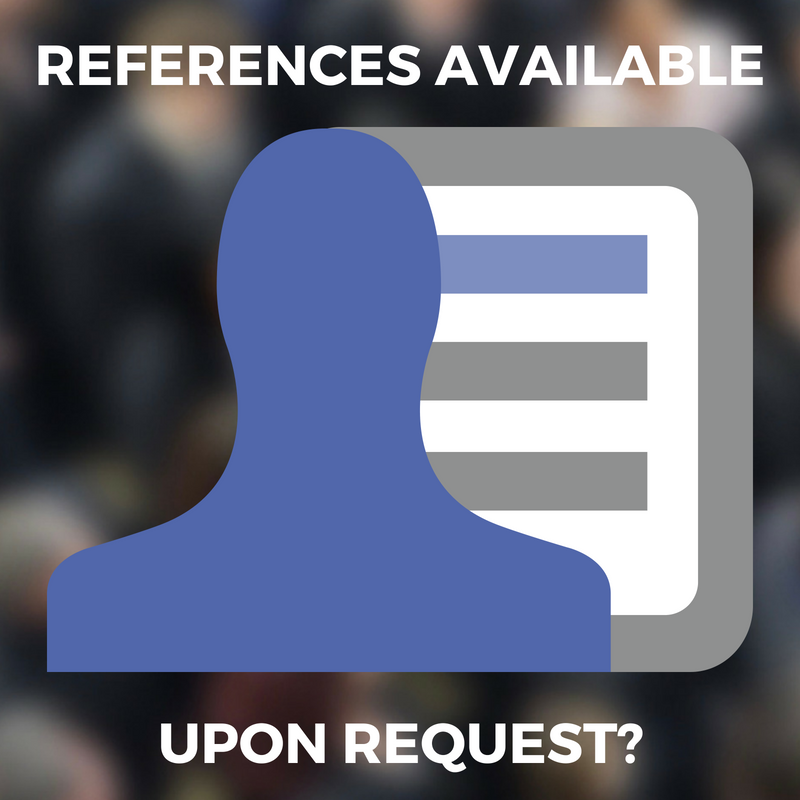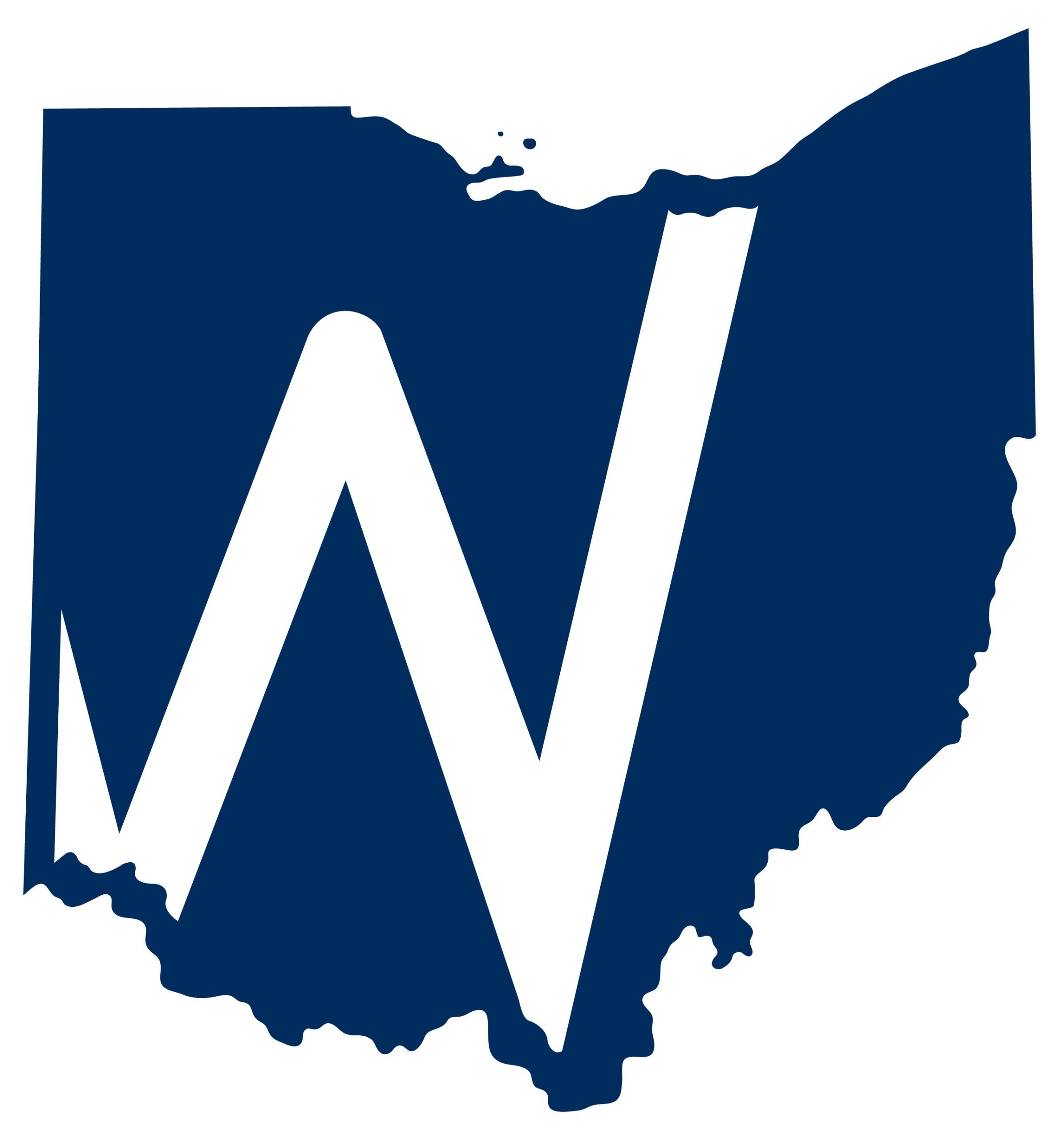 Whether it’s just a formality or the final piece to the puzzle in separating yourself from another payroll or HR candidate, you’ll need references at the ready in your job hunt. Unfortunately finding the right references is often a candidate afterthought in a job search. But you should make sure they’re lined up before the critical go or no-go decision comes from an employer. Typically, any position will ask for three professional references (leave off those relatives) who can vouch that what you’ve said is true. As a best practice, and often a requirement, provide both email and phone number to communicate with your reference. It’s not always as simple as having three go-to people for each and every HR opportunity or circumstance, so here are a few things to consider as you develop your references, before request:
Whether it’s just a formality or the final piece to the puzzle in separating yourself from another payroll or HR candidate, you’ll need references at the ready in your job hunt. Unfortunately finding the right references is often a candidate afterthought in a job search. But you should make sure they’re lined up before the critical go or no-go decision comes from an employer. Typically, any position will ask for three professional references (leave off those relatives) who can vouch that what you’ve said is true. As a best practice, and often a requirement, provide both email and phone number to communicate with your reference. It’s not always as simple as having three go-to people for each and every HR opportunity or circumstance, so here are a few things to consider as you develop your references, before request:
Plan
Make your reference list as you begin your search for your next payroll or HR position. Develop a list of more than three but less than ten people who are not only great character references but also can attest to your skill sets. A reference from ten years ago might say great things but may not be able to speak to your current skills. You should have at least one former direct supervisor/manager. Hiring managers see it as a red flag when you can’t find one former manager that is willing to be a professional reference. Some leeway may be given to someone with only one job, but then make sure you include a peer reference. Your references can be your final edge over another candidate or simply demonstrate that you can, indeed, do the job.
Customize
You tweak your resume for different kinds of HR opportunities, do the same with your reference list! Depending on the position you may need someone to talk about your technical skills versus people skills or vice versa. Other references may be more familiar with certain categories of skills but might not be an ideal every-opportunity reference. Be prepared with a variety of options to choose from. Also, it doesn’t hurt to have more references ready in case a future employer can’t get ahold of your first set references.
Clear It
You don’t have to coach your references, but make sure they are okay with being a reference and know a call may be or is coming. In today’s call-screening world you want to make sure you don’t lose out on a job because your potential employer cannot get ahold of your references.
Explain Why and Include an Out
Make sure you let your references know why they are your reference. Let them know what you hope (not expect) they can convey as your HR job reference. Make sure you let the person know that “no” is an acceptable answer when asking for a reference.
Provide Insights
There is a fine line between coaching and helping your reference(s). Make sure you provide them with as much information as possible including your most recent resume, the job description and your own take on why you see yourself as a fit for the opportunity.
It’s not a bad idea to ask how references will be checked. Calls could come from the hiring manager, the HR representative, or a third-party reference checking service. Additionally, it’s a good idea to give your reference a head’s up on how they’ll be contacted…should they be prepared for a phone call from an unknown number or pay more attention to their email? Not only does it show you care about your references, but it shows you’re engaged in the recruiting process.
Remember, only share your list of references to a potential employer when asked. Have them ready and with you at interviews but don’t be too quick to provide them. You don’t want to fatigue your great list of references by going to the well too often.
Recently Posted
Tag Cloud
Announcements
career
career change
certified payroll professional
covid19
employee highlight
employee life cycle
Employer Blog
hcm
HCM System
hcm systems
HR
hr. human resources
hr operations
HR Tech
HR Technology
Human Resources
human resources today
interview
interview prep
interview preparation
interviews
job interview
job search
Job Seeker Blog
job seeking
leadership
Marketing
new job
NorthCoast99
northeast ohio events
passionate
Payroll
payroll procedures
recruit
recruiting
remote work
Talent
Talent Acquisition
technology
tips for interviewers
Uncategorized
work-life balance
work ethic
workplace culture
Office

1970 N. Cleve-Mass. Rd. #50 Bath
OH 44210
OH 44210
Connected:
Quick Links
For Employers
For Candidates
Your Source For HR & Payroll News
© 2024Willory – registered trademark of Willory, LLC
- Privacy Policy
- Terms & Conditions
- Site Map



